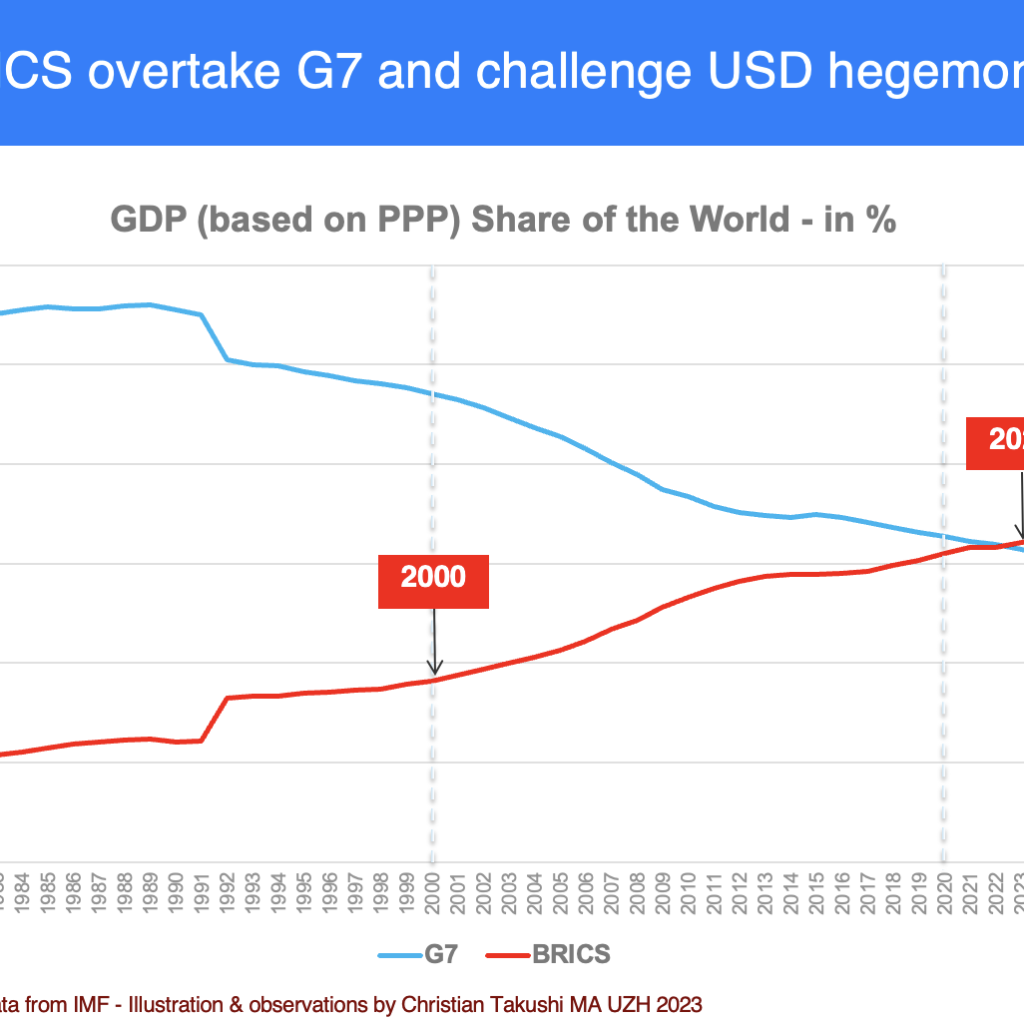This Tuesday, the Federal Trade Commission (FTC) cast a decisive 3-2 vote, striking down noncompete agreements nationwide. Sparked from a proposal in January 2023 aimed at pushing wage growth and innovation, this ruling is set to reshape the employment landscape. Currently, these contracts bind about 30 million workers, spreading across various industries.

FTC Chair Lina Khan outlined that these agreements represent “unfair methods of competition” and noted the agency had been flooded with over 26,000 comments, mostly supporting the ban. According to Khan, these clauses not only strangle personal freedom but also throttle competition across markets. The decision has drawn fire from industry groups, who argue it’s a drastic move that will inflate business costs and endanger trade secrets.
Response and Repercussions
Andrew Ferguson, a Republican FTC commissioner who opposed the vote, criticized the move as “unlawful,” arguing that the FTC overstepped its congressional authority.
Nevertheless, the ruling is set to kick in 120 days following its publication in the Federal Register, despite anticipated challenges from various business sectors. The U.S. Chamber of Commerce, for instance, announced its plan to sue the FTC shortly after the decision.
The ban will eradicate existing noncompete clauses, except for those applying to senior executives earning upwards of $151,164, who hold policy-making positions. Echoing the sentiment behind this shift, President Joe Biden remarked, “Workers ought to have the right to choose who they want to work for.”
This policy is expected to liberate approximately 18% of American workers currently under noncompete agreements. These contracts often restrict employees from joining industry competitors, which could offer better career prospects, higher pay, or more favorable locations.
Chair Lina Khan also highlighted the broader economic benefits, noting, “Noncompete clauses keep wages low, suppress new ideas, and rob the American economy of dynamism.” She suggested over 8,500 startups could emerge annually without these restrictions.
Despite pushbacks claiming that noncompetes safeguard intellectual property, the FTC recommends companies use non-disclosure agreements to protect sensitive information.
This is part of a larger effort led by the FTC under Biden’s administration, which has aggressively targeted anti-competitive practices through numerous lawsuits against big corporate mergers and other market-dominating strategies.
Broad Opposition and Legal Battles Ahead
The rule’s introduction has been contentious. Sean Heather from the U.S. Chamber of Commerce slammed the decision as “blatantly unlawful,” emphasizing noncompetes’ role in driving innovation and maintaining competitive markets. Conversely, Sarah Miller from the American Economic Liberties Project praised the rule for ending what she described as “coercive noncompete agreements” that severely limit worker mobility and wage growth.
Legal expert Kristen Limarzi predicts focused legal challenges, questioning whether the FTC has clear congressional authorization to implement such comprehensive bans. Meanwhile, industry backlash is expected, particularly from sectors and regions where noncompetes are commonplace.
The announcement coincided with the FTC revealing that major glass manufacturers Ardagh Glass S.A. and O-I Glass Inc, along with a security firm, agreed to eliminate their noncompete requirements affecting over 1,700 workers. This prior action hints at the FTC’s broader crackdown on restrictive employment contracts.
The ongoing legal and economic debates are set to test the boundaries of the FTC’s authority and the practical implications of its ambitious move to free millions of American workers from restrictive employment clauses, setting a significant precedent in U.S. labor law.





